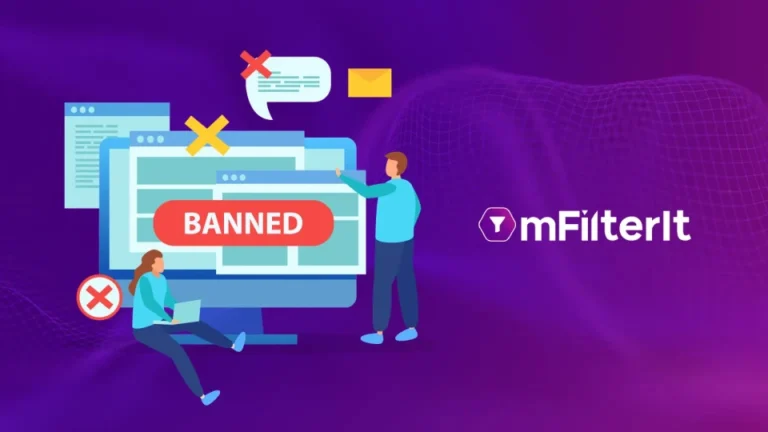India’s e-commerce sector, valued at ₹10,82,875 crore in FY24, is expected to reach ₹29,88,735 crore by FY30, driven by a compound annual growth rate (CAGR) of 15%.With the global expansion of E-commerce and a surge in the growth of Q-Commerce apps, reseller fraud has also rapidly evolved as a high-volume threat to the ecommerce industry.
On the surface, everything looks perfect – your quick commerce dashboard might be lighting up with repeat orders, high conversion rates, and the campaign ROI outperforming expectations, but there’s much more to dig upon than you might know.
Reseller fraud is a form of abuse that doesn’t wave red flags. It mimics legitimate behavior – users making frequent purchases, ordering popular products in bulk, and seemingly engaging deeply with promotional campaigns. But these aren’t loyal consumers. They’re opportunistic actors – affiliates, local vendors, and small resellers, who exploit platform discounts to stock up on goods, only to resell them at full price in local markets or through offline channels.
This not only creates an out-of-stock situation for your brand but also distorts campaign insights, creates a misleading sense of success, and drains marketing budgets meant for genuine customer acquisition. Also, damaging the brand reputation in the eyes of your genuine consumers.
You cannot always trust what the dashboard shows. With the evolving fraud techniques, it has become essential to go beyond the standard metrics and dive deep into abnormal behavioral patterns and unveil the full story. In this blog, we will explain one of the lesser known but sophisticated techniques of how resellers keep brands in dark by creating a mirage of a perfect campaign with reseller fraud.
What is Reseller Fraud?
Reseller fraud occurs when individuals or small businesses exploit discounted products on quick commerce (Q-commerce) platforms, not for personal use but for resale at higher or market prices. These actors make repetitive purchases of the same SKU, in the same quantity, from the same store, paying the same amount – often using the same user account or delivery address.
On paper, this may look like consumer loyalty or campaign success. In reality, its unauthorized trade, where your discounts fund someone else’s profit margins.
This fraudulent practice has become increasingly common in markets like India, where local kirana stores, small vendors, and even affiliate agents use Q-commerce apps as wholesale backdoors. They buy discounted goods in bulk and resell them at MRP or higher, effectively using your platform’s consumer-facing offers to run their own side businesses.
Why Reseller Fraud Is Worse Than It Seems
Reseller fraud is particularly dangerous because it doesn’t look like fraud at all, but has far reaching consequences:
Margin Erosion
Aggressive discounting strategies are meant to drive acquisition and retention, not fuel arbitrage operations. Every fraudulent transaction eats directly into your profits.
Distorted Performance Metrics
Fraudulent purchases inflate KPIs, making campaigns look more successful than they truly are. This misleads marketers and leads to flawed budget allocation.
Inventory Mismanagement
Stock intended for real customers is diverted to resellers, leading to out-of-stock situations and unmet demand from genuine buyers.
Wasted Ad Spend
As platforms report strong performance, brands continue investing in campaigns that are unknowingly amplifying fraudulent behaviors.
Strategic Misalignment
Decisions based on polluted data like which audiences to prioritize, which SKUs to push, or which publishers to scale can derail broader business goals.
Gray Market Selling
Perhaps most critically, reseller fraud fuels the gray market, where products are sold through unauthorized, uncontrolled channels. This erodes price integrity, disrupts official distribution networks, and often results in poor customer experiences due to lack of warranties, expired goods, or improper handling. Over time, this undermines brand trust and weakens your position in the market.
How mFilterIt help digital brands combat reseller fraud?
To combat reseller fraud effectively, brands must move beyond conventional fraud detection tools that only target bots, click farms, or fake installs. The real threat also comes from human-driven, behaviorally complex fraud, and that requires an advanced solution.
Valid8 is a multi-layered fraud detection solution built specifically for modern digital commerce environments. It helps brands go deeper, detecting not just invalid traffic but malicious behavioral patterns that compromise campaign and business integrity.
How Valid8 by mFilterIt is different than other fraud detection tools?
Pattern Recognition: Flags suspicious activities like repeat purchases of the same SKU by the same user/store, high-volume ordering during promotional bursts, or delivery address overlaps.
Behavioral Analytics: Goes beyond IP and device-level tracking to understand buying behavior at a user and campaign level.
Actionable Insights: Offers strategic visibility into which campaigns, publishers, or discount strategies are vulnerable to abuse, enabling smarter investment decisions.
Business Gains: Reduces wastage, improves ROI, and enables true customer acquisition by filtering out non-genuine transactions.
In essence, Valid8 helps brands go beyond basic ad fraud detection, offering deeper insights, separating real consumers from opportunistic actors, protecting both their bottom line and their brand experience.
Final Thoughts: Clean Growth Over Illusionary Success
Reseller fraud is a silent margin killer. While it may inflate short-term numbers, the long-term cost to your brand is undeniable. It distorts your data, misguides your strategy, and siphons off your discount budgets into someone else’s business. However, with advanced fraud detection tools like Valid8, quick commerce brands can turn this vulnerability into strength restoring data integrity, protecting discounts, enabling impactful and insight driven decisions.
Because in today’s quick commerce apps landscape, not all sales are good sales. The time to clean up your funnel is now.
Contact us to detect reseller fraud in Q-Commerce.



